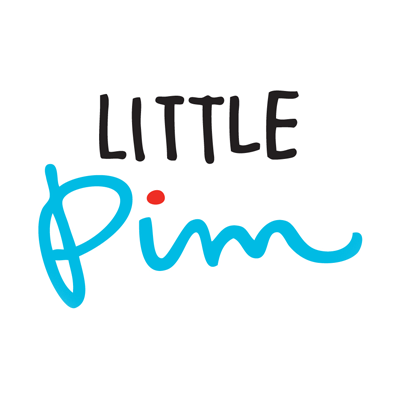Raising a "People Person": New Studies Indicate Multilingual Exposure Improves Children's Social Skills
It's commonly accepted that bilingual children tend to have more opportunities to succeed in life than those who are monolingual. Speaking more than one language opens doors and allows for increased understanding of the world, not to mention the people in it. Studies have already shown that bilingual children may have increased cognitive function, consistently performing better than their monolingual peers at problem solving.
Now, it seems there may be other, equally important benefits to bilingualism and exposure to multilingual environments. In a recent piece entitled, "The Superior Social Skills of Billinguals," published in the New York Times by Katherine Kinzler, associate professor of psychology and human development at Cornell University, covers new studies which indicate that multilingual exposure improves children's social skills.
How does this work, exactly?
Being bilingual enables a child to view the world from another's perspective. They must understand when and to whom they should speak a certain language. Children who are not bilingual, but are consistently exposed to another language often have the same ability. Being raised in a multilingual environment is the driving factor, for example, young children who had grandparents who spoke another language or parents who introduced their kids to new languages and cultures at an early age with products like Little Pim.
Recognizing that other people have different perspectives and experiences allows bilingual children and those with multilingual exposure to put things into context. This greatly aids in communication.
We live in an increasingly global world – one where bilingualism carries many benefits. Luckily, the studies show that even exposure to languages before a child can speak is beneficial. In fact, the earlier a child is immersed in another language or culture, the more familiar they are with recognizing other perspectives.
Starting your child early with languages can help them to not only excel in school and, eventually, in the workplace, but can equip them with the skills they need to communicate effectively with people from all different backgrounds and perspectives.
For more information about helping your child build the skills they need for success in the global community, check out these articles and studies about the benefits of teaching your child a foreign language and why starting early is so important.
Are you considering teaching your child a second language? Comment below with your thoughts and experiences.

